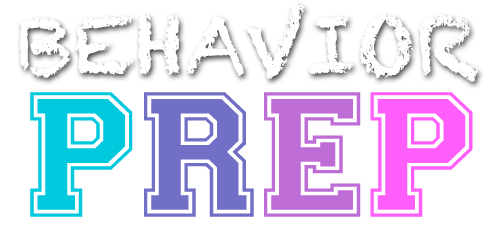G.19 Design and evaluate procedures to promote emergent relations and generative performance
Designing and evaluating procedures to promote emergent relations and generative performance involves creating interventions that lead to the development of new, untrained behaviors or skills based on previously learned ones. Emergent relations occur when an individual learns to respond to new stimuli or combinations of stimuli without direct training, and generative performance refers to the ability to apply learned behaviors to new, untrained situations, showing a broader application of skills.
Example: A BCBA is teaching a child to match printed words with corresponding pictures, such as matching the word “apple” with a picture of an apple. Once the child has learned this skill, the BCBA evaluates whether the child can emerge new relations by identifying the spoken word “apple” when presented with the printed word or picture without additional training. This indicates the child has generalized the learned skill to new forms (written, visual, and auditory) without needing direct instruction for each combination. The BCBA evaluates the success of the procedure by measuring the child’s ability to generate new responses across different formats (e.g., identifying, speaking, and matching words and pictures)
